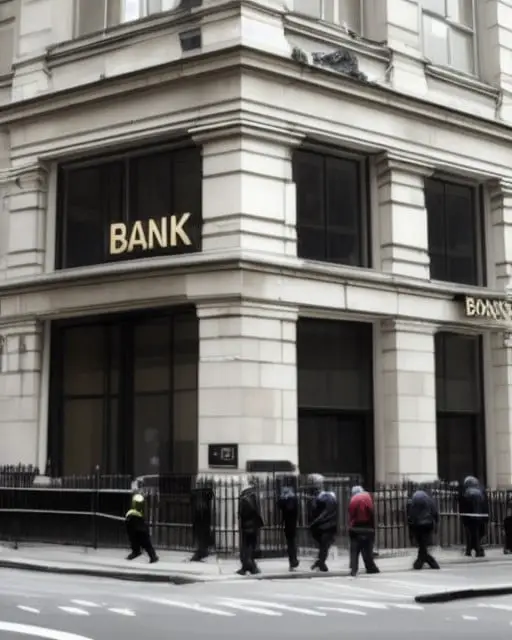Bank collapse can have catastrophic effects on the economy, leading to job losses, inflation, and even depression. In recent years, we have seen the collapse of several financial institutions, including Lehman Brothers and Washington Mutual, and in recent times SVB bank, and a lot of news about First republic bank. So, what are the key triggers of bank collapse, and how can we understand the factors that lead to financial institutions crashing?
What are the Key Triggers of Bank Collapse?
There are several key triggers of bank collapse, including liquidity crises, credit risk, market risk, operational risk, and reputational risk. Liquidity crises occur when banks have insufficient cash to meet their obligations, leading to a run on the bank. Credit risk occurs when banks lend money to borrowers who are unable to repay their debt, leading to loan losses. Market risk occurs when banks hold assets that lose value due to changes in market conditions, leading to capital erosion. Operational risk occurs when banks experience losses due to internal errors, fraud, or external events such as natural disasters. Reputational risk occurs when banks lose the trust of their customers and investors due to unethical behavior, scandals, or poor performance.
Understanding the Factors that Lead to Financial Institutions Crashing
There are several factors that can lead to financial institutions crashing, including excessive risk-taking, poor management, inadequate regulation, and macroeconomic factors such as economic recession or financial market volatility. Excessive risk-taking occurs when banks engage in activities that are too risky and do not properly manage their risk exposure. Poor management occurs when banks have ineffective leadership, insufficient controls, and inadequate risk management systems. Inadequate regulation occurs when regulators fail to properly oversee and regulate banks, leading to excessive risk-taking and poor management. Finally, macroeconomic factors such as economic recession or financial market volatility can cause banks to suffer losses and become insolvent.
In conclusion, bank collapse is a complex phenomenon that can have devastating consequences for the economy. To prevent bank collapse, it is important to understand the key triggers and factors that can lead to financial institutions crashing. By implementing effective risk management systems, improving regulation, and promoting sound management practices, we can reduce the likelihood of bank collapse and mitigate its effects if it does occur.


